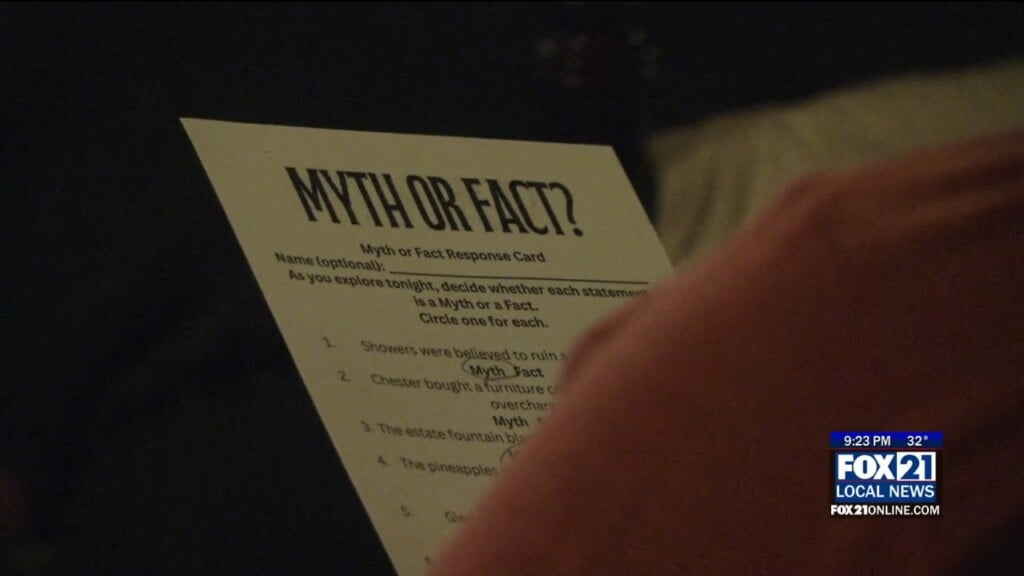Trump and Trudeau speak and plan to do so again before tariffs start on Tuesday
WASHINGTON (AP) — AP correspondent Ed Donahue reports President Trump admits Americans will be impacted by tariffs.
Financial markets, businesses and consumers are trying to prepare for the possibility of the new tariffs. Stock market indices opened with a modest selloff, suggesting some hope that the import taxes that could push up inflation and disrupt global trade and growth would be short-lived.
But the outlook reflected a deep uncertainty about a Republican president who has talked with adoration about tariffs, even saying the U.S. government made a mistake in 1913 by switching to income taxes as its primary revenue source. Trump said Sunday the tariffs would lift if Canada and Mexico did more to crack down on illegal immigration and fentanyl smuggling, though there are no clear benchmarks. Trump also said the U.S. can no longer run a trade imbalance with its two largest trade partners.
Mexico is facing a 25% tariff, while Canada would be charged 25% on its imports to the United States and 10% on its energy products. China is facing a 10% additional tariff due to its role in the making and selling of fentanyl, the Trump White House said.
Kevin Hassett, director of the White House National Economic Council, said Monday that it was misleading to characterize the showdown as a trade war despite the planned retaliations and risk of escalation.
“Read the executive order where President Trump was absolutely, 100% clear that this is not a trade war,” Hassett said. “This is a drug war.”
But even if the orders are focused on illegal drugs, Trump’s own remarks have often been more about his perceived sense that foreign countries are ripping off the United States by running trade surpluses. On Sunday, Trump said that tariffs would be coming soon on countries in the European Union. He has discussed tariffs as both a diplomatic tool on national security issues, a way to raise revenues and a vehicle for renegotiating existing trade pacts.
Multiple economists outside the administration have warned that the tariffs would push up prices and hamper growth, with Trump himself saying there would be some short term pain after having campaigned last year on the promise that he could tame inflation.
Joe Brusuelas, chief economist at the consultancy RSM, said the United States was unlikely to fall into a recession this year, but the tariffs would hurt growth and push up the cost of government borrowing, which would potentially keep the interest rates charged on mortgages and auto loans elevated.
“If there is no resolution, the impact on the U.S. economy will be significant,” he said. “Growth will slow notably from the 2.9% average over the past three years as inflation and interest rates rise. The yield on the 10-year Treasury, currently around 4.5%, could climb to a range between 4.75% and 5%.”







